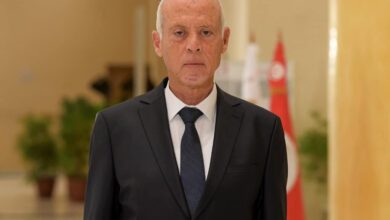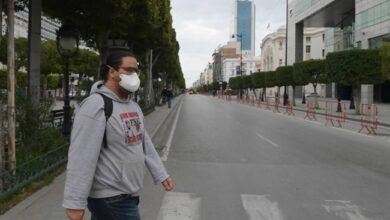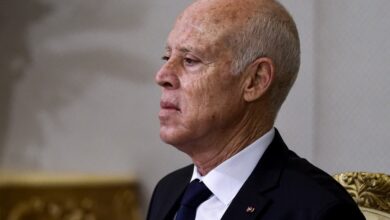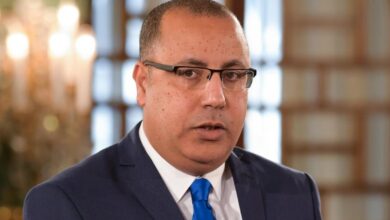Tunisia
Tunisians Begin Voting In A Referendum On President Saied’s New Constitution
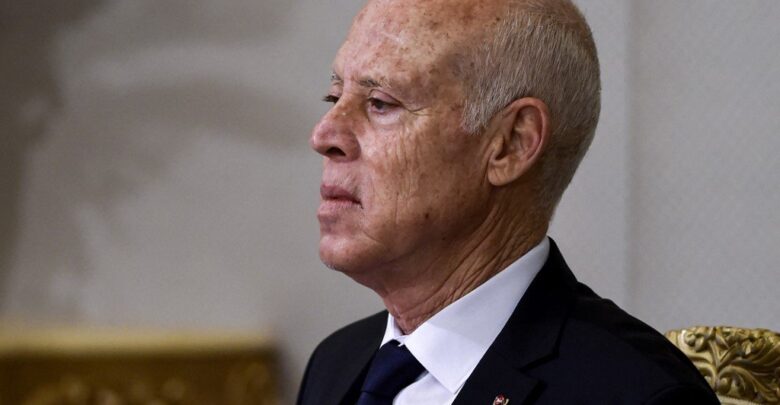
Tunisians on Monday began voting in a referendum on a new constitution put forward by President Kais Saied, reported The Reuters.
The polling stations opened at 6am local time (05:00 GMT) on Monday, exactly a year from Saied’s sacking of the country’s government and his suspension of parliament, before he later decided to rule by decree.
The Tunisian opposition continues to criticize Saied for his actions which they say has amounted to a coup and an attempt to bring about a one-man rule in the country.
Saied, on the other hand, claims the changes made by him were necessary to rein in a corrupt political elite. He has hailed his changes as the foundation of a new Tunisian republic to put the revolution back on track and end years of political sclerosis and economic stagnation.
The referendum result will determine whether Tunisia changes from a hybrid parliamentary system or a presidential one.
Many people who are not in favor of the proposed constitution have said they will boycott the vote rather than give it legitimacy. There were mass protests in Tunis last week, and police cracked down on demonstrators on Friday.
Tunisia’s election commission began voting for Tunisians living abroad on Saturday. Its President Farouk Bouasker said the voting turnout, which ranges from 4.5 to 6.5 percent, appears to be quite low.
In a news confernec on Sunday, Bouasker said about 9.5 million people were registered to take part in the referendum, which, if true, is significantly higher than the 2019 legislative elections, where some seven million out of a total population of 12 million people registered to vote.
Notably, as per Saied’s rules for the referendum, no minimum level of participation among the 9.2 million registered Tunisian voters is needed to approve the new constitution. He has only announced that the constitution will come into effect once the final results are published, and has not said what happens if Tunisians reject it.


